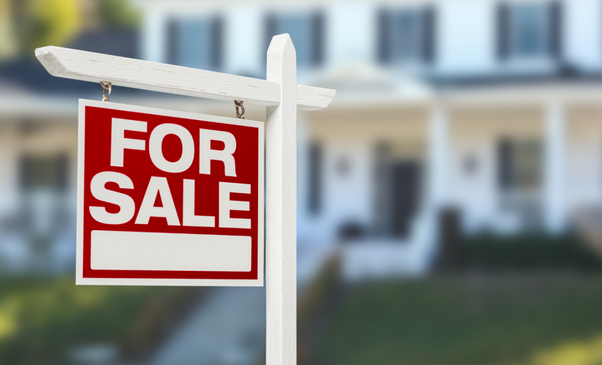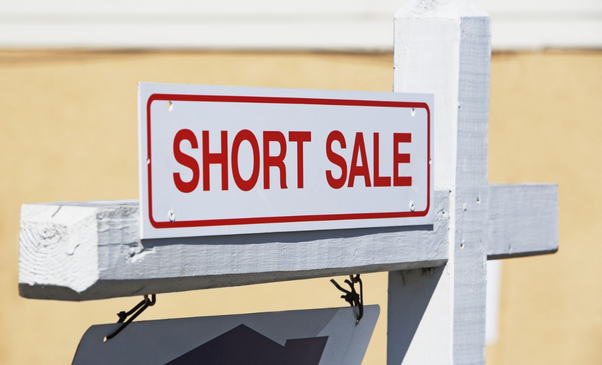Issues with the financing of the short sale property
Feb 05, 2024 By Susan Kelly
Short sales often occur when homeowners are in financial distress. A fast deal is a process to get rid of mortgage debt. Though the short-sale property may allow the sellers to pay off debt and loans, it is only sometimes the case. Sometimes, the short-sale property gives off so tiny that the sellers can only pay some commissions, loans, and relevant payments. A short-sale property may have its pros and cons. Usually, people consider that buying a short-sale property may prosper the buyer, but it also holds many drawbacks. This article will throw light on the problems a buyer can face while financing a short-sale property.
A short sale is a long process

Short-sale properties may take a minimum of one month to get approval from the lender, and the rest of the procedure goes on over time. But in most cases, short sale property may take six months to 1 year for complete consignment to the buyer. Initially, sellers have to take lender's approval. But risks may increase when the procedure lingers on. Meanwhile, buyers can get better alternatives or quit the decision to purchase.
Well, a short-sale mortgage is only for those buyers who want to purchase a home after some time. Buyers often want to start a business in the short sale property or require it for personal residence. Documentation, lenders' demands, approvals, and legal matters may make the process longer, and it may disturb the end goals of the buyers.
2. Dependent on the lender's approval
The short sale mortgage process requires pre-approval from the lender. First, lenders like banks must sign off on the straightforward sale procedure. A seller has to submit legal documentation and prove how and why selling the house is necessary for the homeowners.
Lender (banks) process the application and allows the short sale procedure to execute. It is also known as pre-foreclosure. Through foreclosure, the lender sends a notice and asks the homeowner to put the home on a short sale. It happens when one or more house payments are pending. A straightforward sale procedure does not damage the credit rating to a greater extent. However, pre-foreclosure affects the credit rating of the seller badly.
Furthermore, it is all in the hands of the bank or lenders how quickly and seriously they take the matter and allow it. Lenders' hold on the home may disturb and slow the purchase process.
3. Short-sale property may require high maintenance
When homeowners cannot pay loans, debts, and other payments, short sale decisions are taken. It also means that homeowners cannot invest money in repairs and maintenance. Usually, short-sale properties are sold out in "as is" condition. So, as a buyer, you should get ready for high maintenance.
Paints may be chipping, and electrical and sanitary issues may be hidden but may disturb you later. Buying a home at a lesser cost is only sometimes a good choice. Maintenance of short-sale often requires a more significant amount. You may lose in comparison to other market purchases.
Eventually, you should unveil all defects and repair work at the time of the purchase to reach a better agreement with the seller.
4. Deal with two or more lenders
There is the possibility that the homeowners have taken loans from two or more lenders. As a buyer, you should have approval from both lenders before executing the short-sale process. It may require some time. But work with patience and intellect. You will waste your time if you have not gotten approval from all lenders.
What will you do when one of the two lenders refuses to sell a home? Indeed, you cannot proceed. Clear all roadblocks from the lenders and process the deal intellectually. Otherwise, you will not be able to get a short-sale property.
5. Lenders often demand large down payments
Lenders may put conditions on a short sale when a seller has to pay a large debt. Lenders may ask the sellers to execute the short sale on all cash. Sometimes, lenders can agree to sell a home on large down payments. All cash or large down payments lowers the risk of loss on the part of lenders. Are you the type of buyer who can pay hefty down fees instantly? If not, you might not be able to purchase a short-sale property. Lenders can show some flexibility over their preferences. Still, it is subject to the pending loan and the seller's financial conditions.
Important considerations
A short-sale property needs some requirements to fulfill. Firstly, an underwater home has a fair market price less than the debt on the homeowner's mortgage. In such conditions, if the homeowner convinces the lender to put the house on sale, it may work.
Secondly, a seller who has been facing hardships in life can be allowed to put the home on a short sale. Job losses, sudden chronic illness or disability (that may cause high medical cost), natural disasters (earthquakes, floods, thunder, or any other), the sudden death of the homeowner, or military services are acceptable reasons for short-sale.
Thirdly, the lender should be willing and allow the seller to short-sell the property. If the lender refuses at any point or documentation, the short sale cannot be executed.
Last but not least is that the seller should bring qualified and approved buyers. Furthermore, buyers should agree with the terms and conditions of lenders and agree to the closing cost.
Conclusion
To conclude, buying a short-sale property seems beneficial, but it holds some drawbacks also. Before executing the final process, you should know all the pros and cons of a short-sale property. The cost of the short-sale property already increases as it requires high maintenance. Consider every bit of documentation seriously and remain alert. It will secure you from surprise losses.






